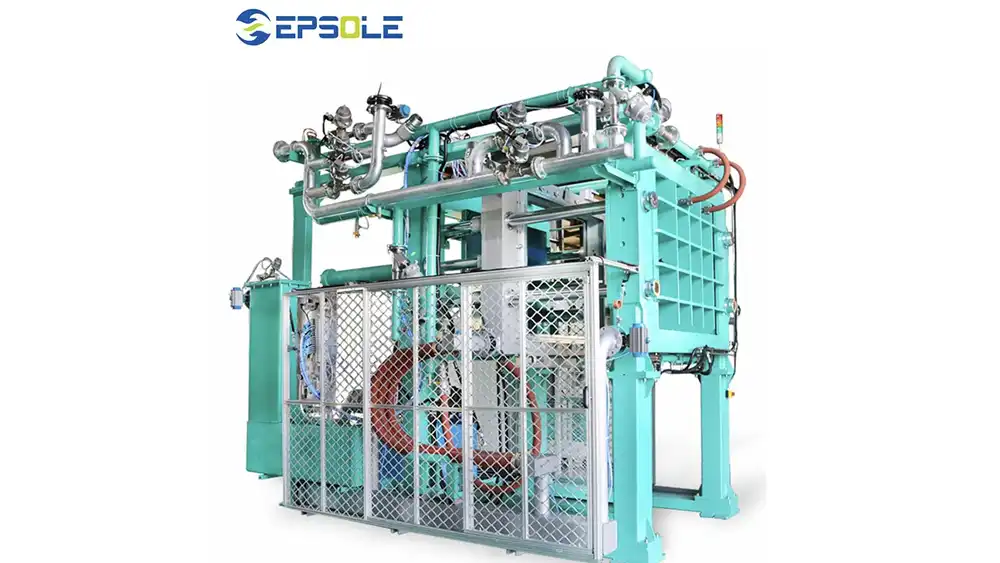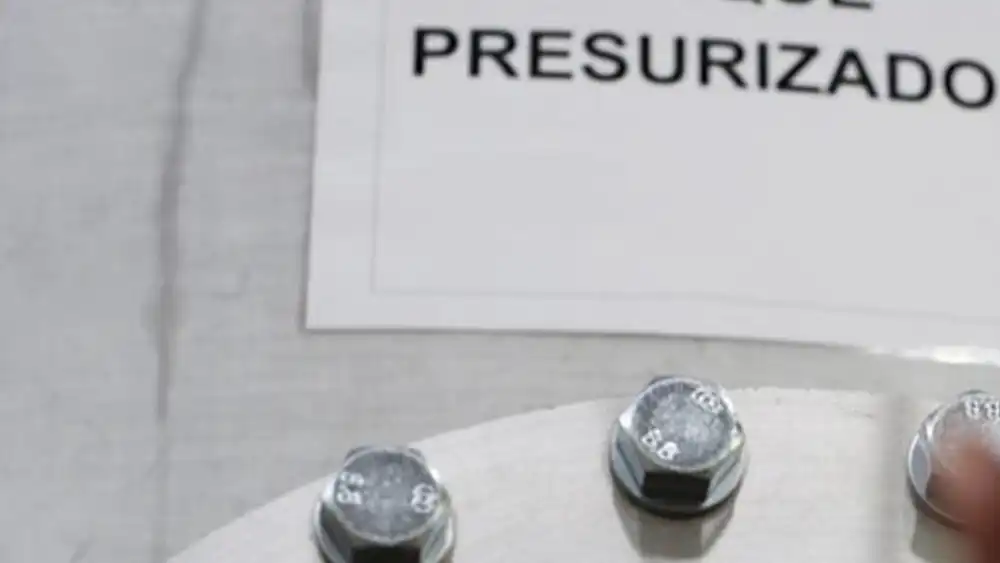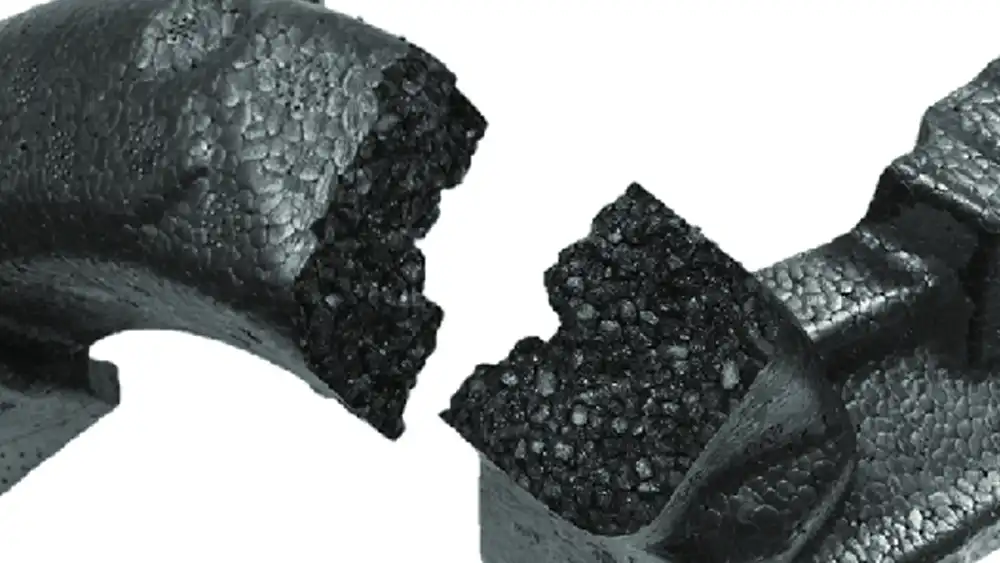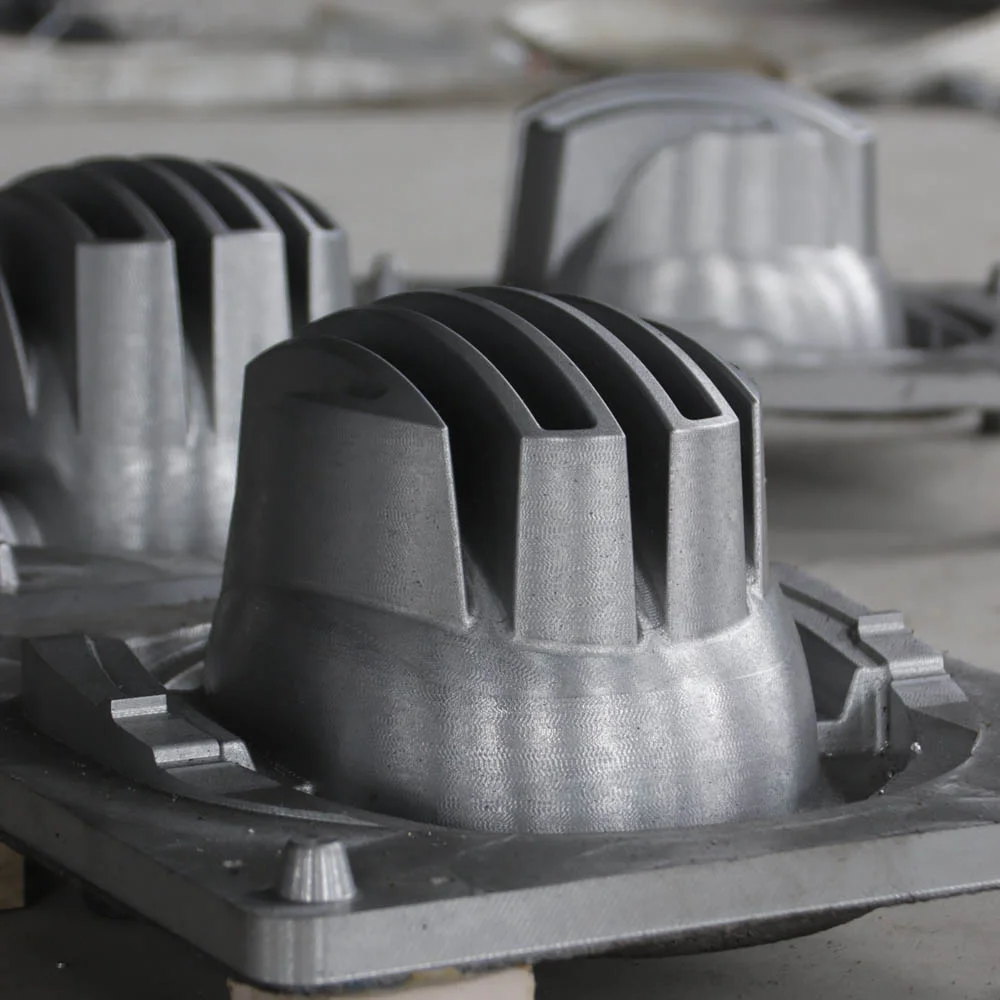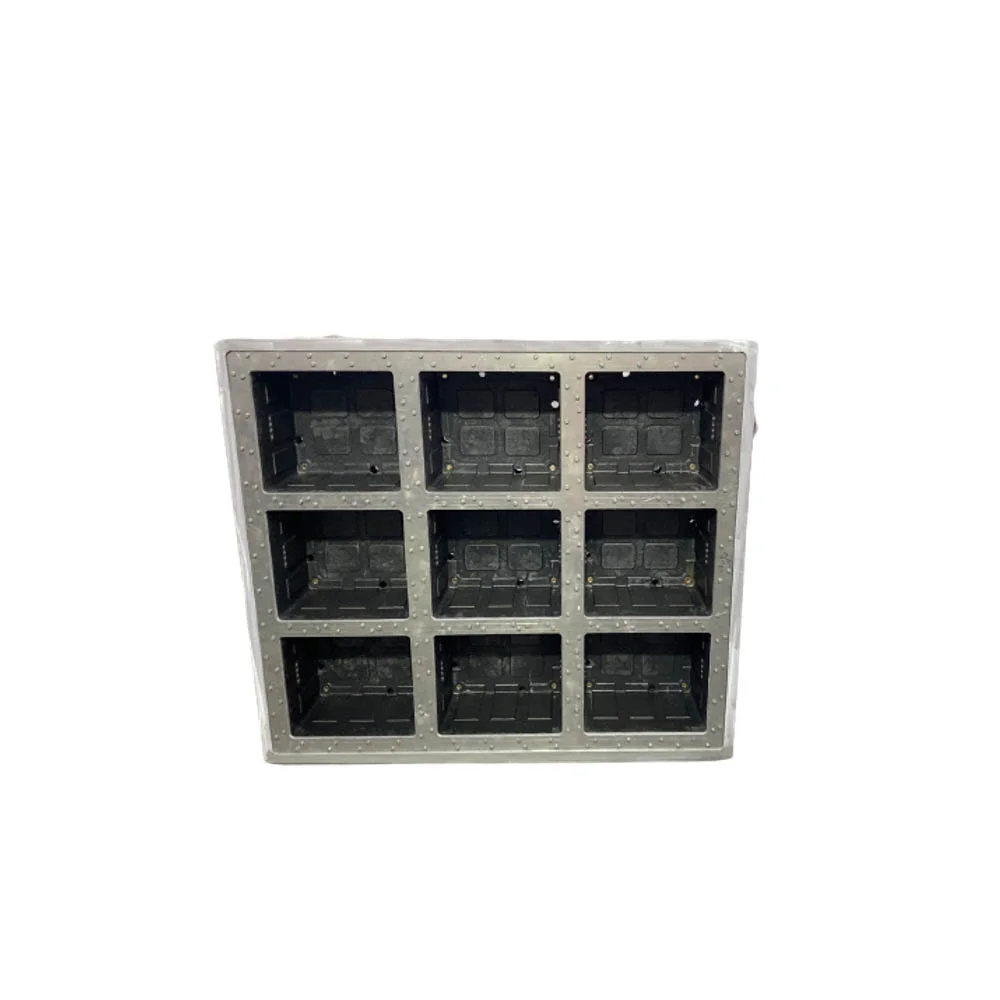EPP - Expanded Polypropylene
What Is EPP
Expanded Polypropylene (EPP) is a highly versatile and durable foam material made from polypropylene, a type of thermoplastic polymer.
EPP foam is known for its unique properties, such as high impact resistance, lightweight, and excellent thermal insulation, making it suitable for a wide range of applications across various industries.
How to Process EPP
Here’s a breakdown of the EPP manufacturing process following the 4 steps you provided:
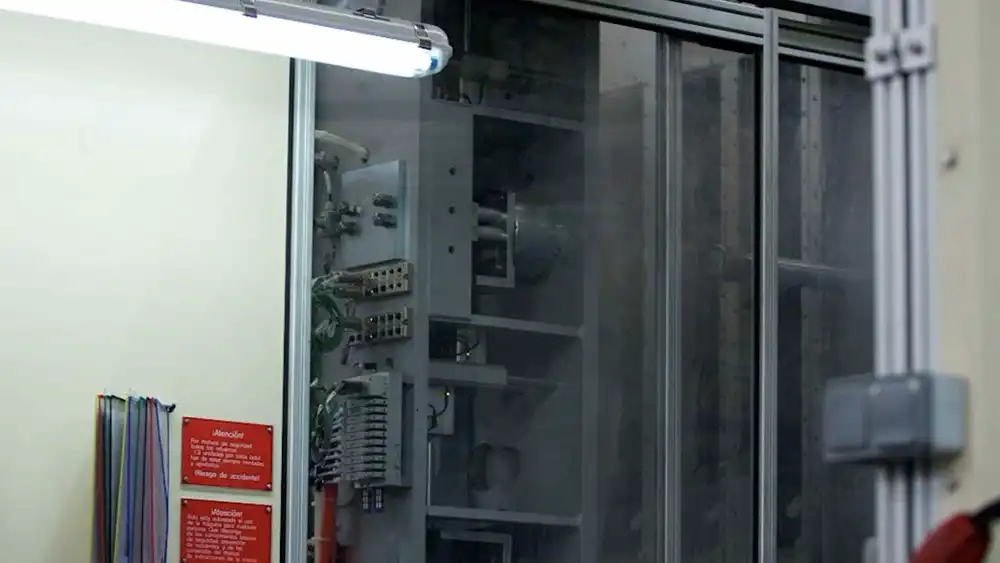
Step 1: EPP Pre-Expansion
Here, tiny polypropylene beads, the building blocks of EPP, are placed in a pressurized chamber like a steam chest or autoclave. Inside, they’re exposed to high heat and steam, causing them to expand due to the internal pressure of the steam. This process creates the tiny, air-filled pockets within each bead that give EPP its lightweight and shock-absorbing properties.
Step 2: EPP Moulding
After pre-expansion, the lightweight beads are transferred to a mold. These molds can be simple for basic shapes or complex for intricate designs. The key here is that the mold cavity precisely matches the desired final shape of the EPP product.
Step 3: EPP Duly Pressurized
While “duly” isn’t typically used in manufacturing descriptions, it hints at the pressurized environment needed for the next step. Once the beads are in the mold, it’s closed tightly, creating a sealed chamber. Then, pressurized steam is introduced again.
Step 4: Welding EPP Beads Together
The pressurized steam serves a crucial purpose. It heats and melts the outer surfaces of the pre-expanded beads. Since the mold is closed, the melted bead surfaces fuse together, essentially welding them into a single, unified piece that takes the shape of the mold cavity. This creates the final EPP product.
EPP Molds
Here are various EPP molds products, made by EPP foam material.
EPP helmets are becoming increasingly popular due to the advantageous properties of EPP (Expanded Polypropylene) foam. EPP is a lightweight, yet resilient material that makes it ideal for helmet construction.
EPP box molds are used in a wide variety of industries to create custom packaging solutions for a variety of products. Here are some common applications:
- Electronics: EPP boxes and inserts are commonly used to package electronics like TVs, laptops, and cameras.
- Medical Devices: The shock absorption and temperature insulation properties of EPP make it ideal for packaging delicate medical devices.
- Automotive Parts: EPP boxes and inserts can be used to package and protect automotive parts during transportation.
- Consumer Goods: EPP can be used to create custom packaging for a wide range of consumer goods, from sporting equipment to toys.

